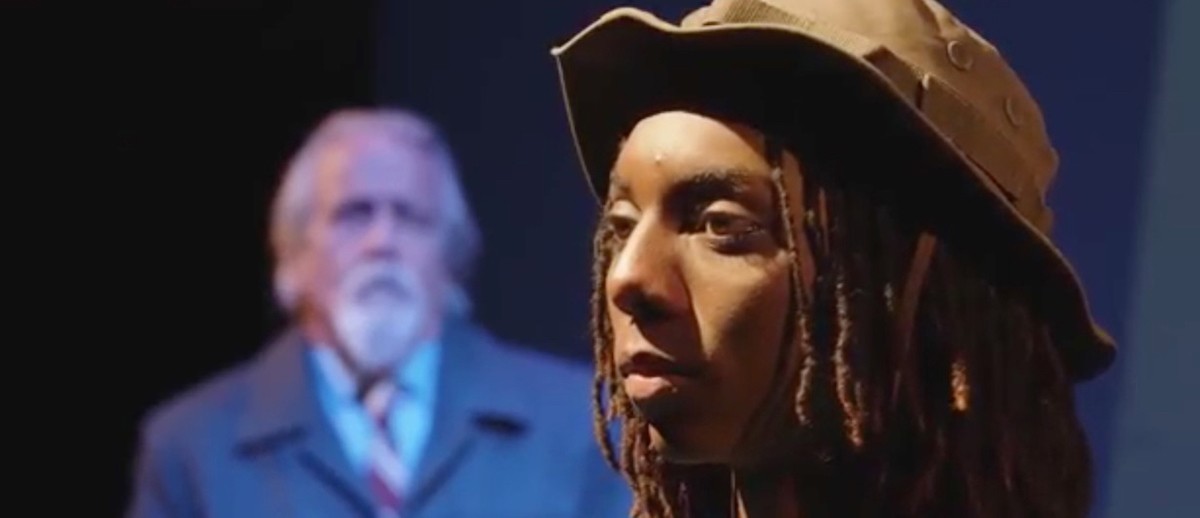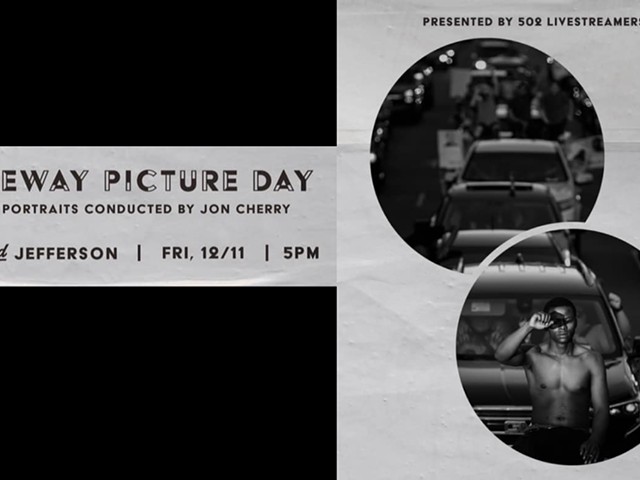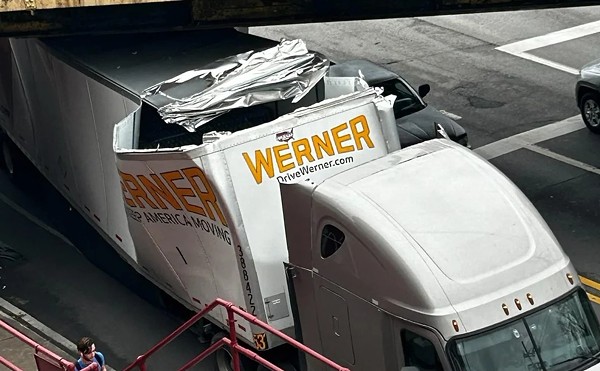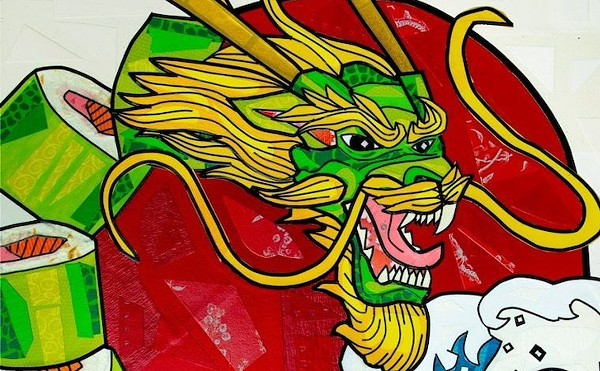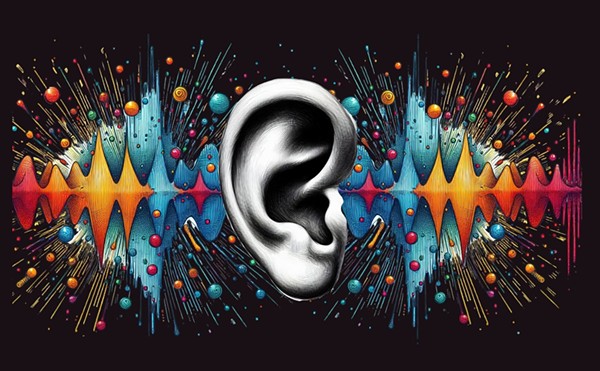In 1938, the Polish-born Rabbi Abraham Joshua Heschel was living in Frankfurt, Germany, when he was arrested by the Gestapo and deported to Poland. In 1939, he left Poland for England, several weeks before the German invasion. From there he immigrated to the United States, where he taught for awhile at the Hebrew Union College in Cincinnati and spent the balance of his career teaching at the Jewish Theological Seminary of America.
When Heschel died, in 1972, his obituary in The New York Times described him as “a man of action as much as a man of words,” and it enumerated not only his lengthy and influential bibliography but his activism on podiums and at rallies. During the ‘60s, he actively engaged in the civil rights and anti-war movements, marched with Dr. Martin Luther King Jr. in Selma, marched in the major anti-war protests of 1967 and joined with a couple of dozen other theologians in a 1968 manifesto accusing the U.S. of war crimes in Vietnam.
But it’s possible that Heschel’s most startling and lasting legacy stems from his work in the early ‘60s as an envoy from the American Jewish Committee, or AJC, to the Second Vatican Council, which convened in 1962 under Pope John XXIII and concluded under Pope Paul VI in 1965.
Vatican II had an enormous impact across all aspects of the Catholic Church. But in the post-Holocaust world of the 1960s, part of Pope John XXIII’s agenda and Pope Paul VI’s achievement was to scrutinize the Church’s long history of institutionalized anti-Semitism and find ways to repudiate it and move forward. That work produced a document called Nostra Aetate (“In Our Time”), which for the first time repudiated centuries of anti-Semitic teachings, most prominently the holding that Jews were guilty of deicide; ended the mandate to convert Jews to Catholicism and officially recognized the legitimacy of both the Jewish and Muslim faiths.
By every account, this was the most challenging issue taken up by Vatican II, and it was Rabbi Heschel and his Vatican counterpart Cardinal Augustin Bea who ultimately were able to forge what turned out to be what Heschel viewed as an imperfect but acceptable compromise.
Through Dec. 20, Bunbury Theatre and ShPIel Performing Identity are partnering on a streaming presentation of an adapted and condensed version of Colin Greer’s 2010 bio-drama about Heschel, “Imagining Heschel” (here, with the subtitle, “Scenes from a Play.”)
Directed and adapted by David Chack, with a running time of slightly more than an hour, it’s a thoughtful and wide-ranging play, notwithstanding the fact that it plays out in tightly encapsulated, carefully staged scenes. Technical standards are exemplary and quite polished: Paul T. Carney, music and sound; Gerald Kean, theater technical director; Hannah Brooks, costumes and makeup. Video production is credited to Videobred: Raphael Cecil, director; Misha Kidwell, director of photography; Steve Hurst, Parker Smith, Patrick Hogan, cameras; location sound and post-production sound Rick Boone; and editor, Steve Hurst.
This sort of idea-driven drama can be difficult to stage in live performance — because stage action is almost by definition limited, and a series of serious one-on-one colloquies can quickly run dry. But Chack and company have employed the video medium to good effect — “Imagining Heschel” may actually play better on video than it would on stage.
Tom Luce plays Heschel with understated gravitas, wit and a quiet emotional reserve that feels suited to the often close-in videography — well, close in, if you’re viewing this on a tablet or computer screen; it might be different streamed to your TV. At times, Luce’s understated irony is barbed — as when Heschel makes a barbed remark about Cardinal Bea’s role in the church during the Nazi regime, when Bea (Richard Kautz) was confessor to Pope Pius XII. Kautz is a fine and measured interlocutor and partner with Heschel, and their discussions offer a useful, if somewhat dispassionate, survey of the issues they confronted.
Heschel’s relationship with his driver, Jonah (Jason Maina) is more emotionally rich. Jonah is a young African American whose simmering rage about racial injustice challenges Heschel’s deeply compassionate philosophy. In one fiery exchange, Jonah challenges Heschel’s commitment to peaceful change by citing a mantra adopted by Meir Kahane and the Jewish Defense League: He asks the rabbi: “Is peace your responsibility? Or is it ‘never again?’”
In other telling interchanges that highlight the fraught political and cultural context in which Heschel worked: His meetings with Father Brian O’Malley (Bailey Story), a conservative Irish priest and Carol Radnor (Lindsay Palgy), a TV interviewer, touch on other contentious issues that were in play. For O’Malley, the church’s focus on ecumenism has sidelined the quest of the Irish Catholics for independence. And when Radnor mocks Heschel’s call for peace and compassion, the rabbi responds with exhortation to look into the faces of the enemy, “see the enemy in the mirror,” and “reach out to God with the strength of radical amazement.”
‘Imagining Heschel’ by Colin Greer Bunbury Theatre Streaming: Bunburytheatre.org Through Dec. 20 $10-$15
‘Help Santa Save Christmas’
If you’re looking for lighter, kid-friendly holiday fare from a local theater company, The Little Colonel Players are streaming “Help Santa Save Christmas,” a delightful tale about a classic Christmas problem: solving logistical delivery challenges when the demand for toys exceeds the load-bearing capacity of Santa’s sleigh!
‘Help Santa Save Christmas’ Little Colonel Players Streaming: littlecolonel.net Unlimited viewing: $10, individual; $15 for the family

